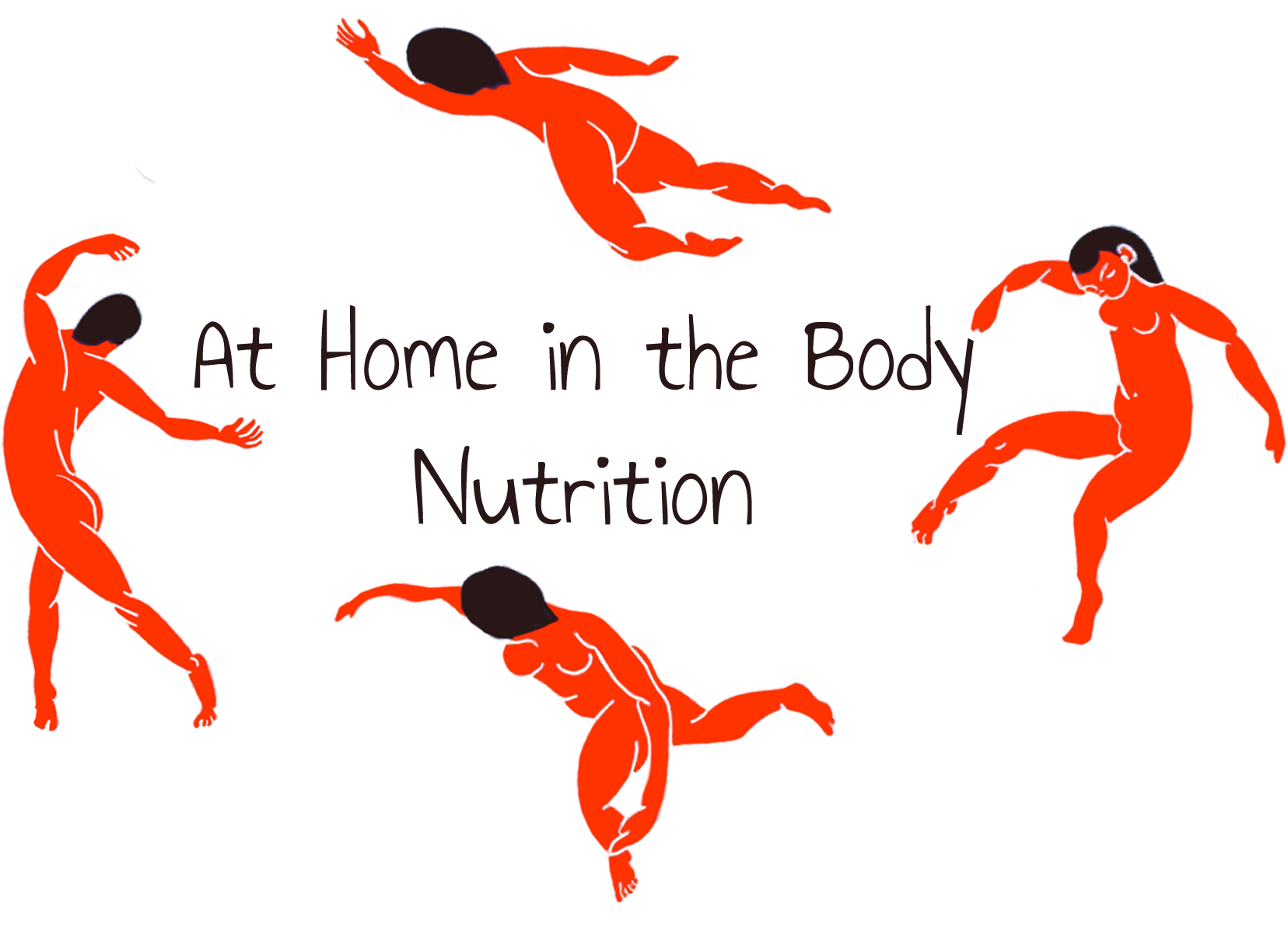Is Your Morning Routine Nourishing You?
Intermittent Fasting is in vogue right now among many practitioners. But is this strategy appropriate for everyone? What about individuals suffering from adrenal fatigue or chronic stress?
Storytime…
Two summers ago, a close friend of David’s and mine came out to Chester, Massachusetts to stay with us in our home and do an informal artist residency. He ended up visiting for 3 months! It was a magical time filled with community, art-making, meditation, and spiritual connection.
Beyond the magic of that experience, it also taught me A LOT about how other people go about their morning routines differently from myself and my husband.
For starters, this friend woke up at around 10am. Almost immediately, he would brew a piping hot cup of coffee. His first meal of the day would be at around 2:00pm, 4 hours after waking.
I could see the impact that this had on his energy levels, anxiety, and motivation the rest of the day.

Intermittent Fasting
I want to talk about the elephant in the room: intermittent fasting.
Watching my friend skip breakfast every day alarmed me, but I understand that for many this would not register as an issue.
Let me explain:
Eating food first thing in the morning lets your body know that it is safe, and that food is available.
When people skip breakfast, or drink coffee for breakfast, this keeps the body in a state of catabolism (survival mode, where the body breaks down its own tissues in order to keep blood sugar up) instead of anabolism (thriving mode, where the body heals, builds muscle, and engages in tissue repair).
Stress Hormones, Blood Sugar, & Sleep
The hormone cortisol serves multiple functions in the body: it is a stress hormone, it plays a role in blood sugar regulation, and it is one of the hormones involved in the sleep wake cycle. Cortisol is meant to be at its lowest right before falling asleep, and it gradually increases overnight–in order to maintain homeostasis and keep blood sugar within a safe range as we fast while we are asleep–until it eventually gets high enough to wake us up in the morning.
Until we break the fast, whether that happens in the morning or 2pm in the afternoon, cortisol will continue to climb higher and higher in order to keep the body safe and keep blood sugar in range.

“But I actually feel better when I skip breakfast!”
I know some of you might be thinking, “But I actually feel better when I skip breakfast! I have so much more energy.” To you, I’d say that the “energy” that you’re feeling is actually the result of being addicted to the feeling of elevated adrenaline and cortisol. So many of us these days are so conditioned to be stressed out that we have become addicted to this stress!
Burnout: Adrenal Fatigue
Stress asks a lot of the body, and in the long term, it is not sustainable. Overtime, this can lead to a condition called HPA (Hypothalamus Pituitary Adrenal) Axis dysfunction–previously called Adrenal Fatigue–where the HPA Axis has been under stress for such a long time that it loses its ability to compensate for the stressful conditions it is placed under.
That said, there do seem to be benefits to maintaining an eating window, and limiting snacking throughout the day. This allows tissues in the gut to have a break from digesting food, so they’re able to engage in cleanup and repair tasks. It also allows the body to engage in autophagy–A healing process where the body eats and recycles old, damaged cells, and replaces them with young, healthy cells.
HOWEVER…many of us do not have what is called “metabolic flexibility,” the ability to switch readily from burning glucose to burning fat. So when we go long stretches without eating, our liver runs out of stores of glycogen (stored glucose) and we aren’t able to easily make the switch to burning fatty acids.
Many individuals need some extra help with improving sugar handling before they can actually enjoy the benefits of eating within a time window. In the interim, it can actually be incredibly supportive to consume balanced snacks with fats, protein, and carbs to keep blood sugar steady, while gradually training the body to tolerate going without food between meals.
What if you tried an experiment? For two weeks, see what it feels like to eat breakfast shortly after waking up. How does this feel in your body? What changes do you notice?
To learn more about the services that I offer to my 1-on-1 clients and my monthly rates, click here. To book a free 30-minute discovery call with me, click on this link.


